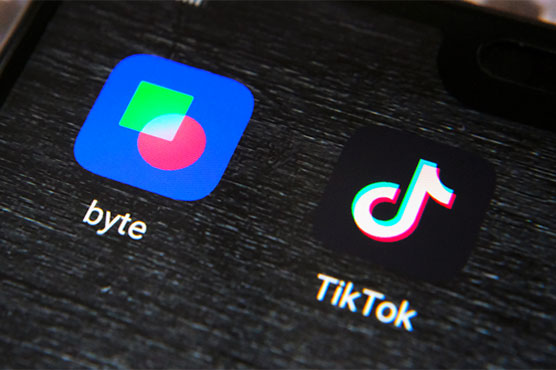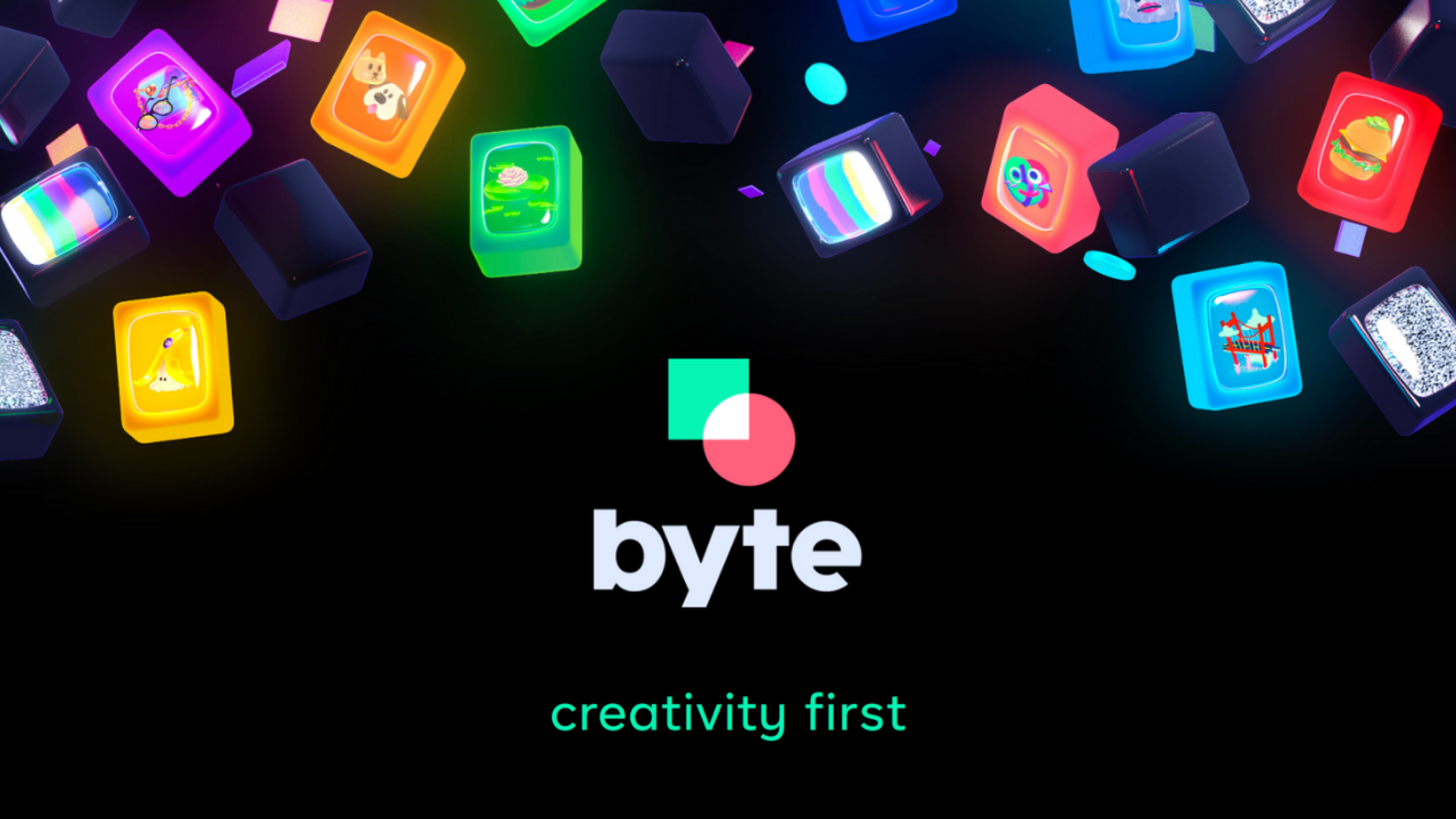New video app 'Byte' enters in ring with TikTok, vows to pay content creators

Tiktok does not offer any way for its user to monetize their posted videos.
(Web Desk) – Byte, short-form video app, has also entered in the ring of entertainment challenging the globally known TikTok app by promising to pay the content creators.
According to Tech in Asia, Byte, created by Vine co-founder Dom Hofmann, has announced a program to reward content creators based on viewer figures. During an unspecified pilot period, “100% of ad revenue will go to creators,” while the “long-term plan is to have a majority of the revenue going to creators,” it said in a statement on its website.

This model will distinguish the app from TikTok, the global short-video hit owned by Beijing-based Bytedance, and will likely drive higher content quality.
“After several years, [TikTok] still doesn’t offer any official way for its users to monetize their posted videos,” said Katie Williams, mobile insights strategist at analytics firm Sensor Tower. “Creators can earn revenue by being on TikTok, but that comes from branded or sponsored content – deals that users must negotiate themselves without TikTok’s assistance – or, to a lesser extent, through ‘tipping’ on livestreams.”
“Receiving direct compensation based on viewing figures seems a lot more inviting and doable,” she said.
TikTok did not immediately respond to a request for comment on its compensation strategy.
Byte, launched just a little over a week ago, reboots the old Vine video-sharing service which Hofmann co-founded in the summer of 2012 and later sold to Twitter that year. It obtained more than 1.3 million downloads from both iOS and Google Play during its first week of release, according to Sensor Tower.
About 70% of new installs came from the US, followed by the UK and Canada, with 7% and 6%, respectively.
Byte said it is “exploring multiple ways to help creators get paid” and the reward program is “only the first.”
“Byte has had a running start due to its connection to Vine, but that is not the only trait the app will need to succeed in the already saturated market of short-form video platforms,” said Williams. Twitter failed to make Vine profitable and eventually discontinued it in 2016.
TikTok overtook Facebook to become the second most downloaded app worldwide in 2019 behind WhatsApp, prompting platforms such as Instagram to make bigger efforts with short-form content. TikTok owner Bytedance bought Musical.ly, a US app especially popular with teenagers, in 2017 and the acquisition has helped drive its overseas expansion.
TikTok’s growth has brought with it fresh regulatory and privacy problems, including in the US. The company has repeatedly said it stores TikTok user information outside China, and has made extra efforts to safeguard minors.
Although Byte reboots Vine’s six-second-long feature, it lacks the remix features, transition effects, and some other handy functions that give TikTok mass appeal.
Oliver Riches, a 21-year-old from Isle of Wight in the UK, is on both platforms. He said it is easier to gain traffic on TikTok as it is bigger, but Byte is cleaner and smoother and has a tight-knit and supportive community.
He expected Byte to grow big “because of the nostalgia attached to Vine and also because of its smoother loops and fewer adverts,” he said.
He has signed up for Byte’s creator reward program, which has not yet started for British users.
“[Byte] has creators in mind rather than going for [pure] profit basically, and I think that’s completely different to any other app,” he said. “That is what will drive people to the app.”

